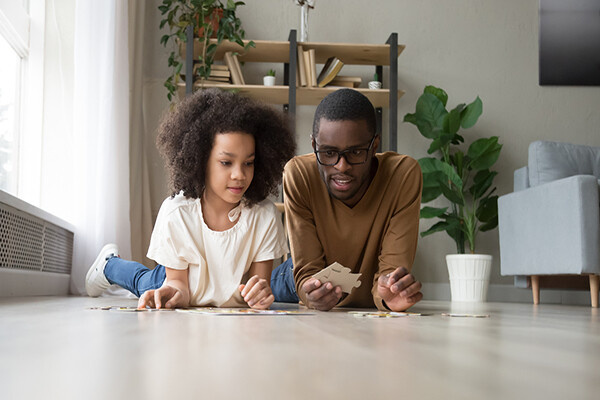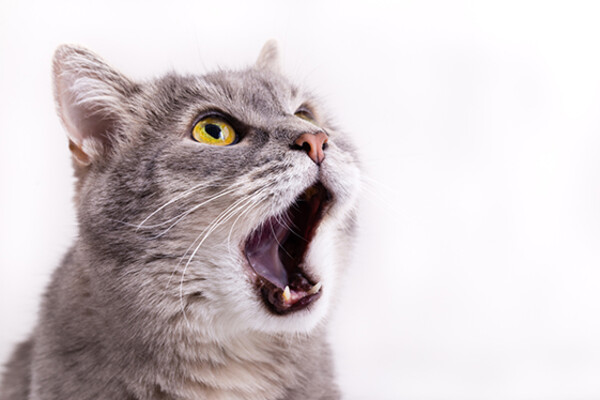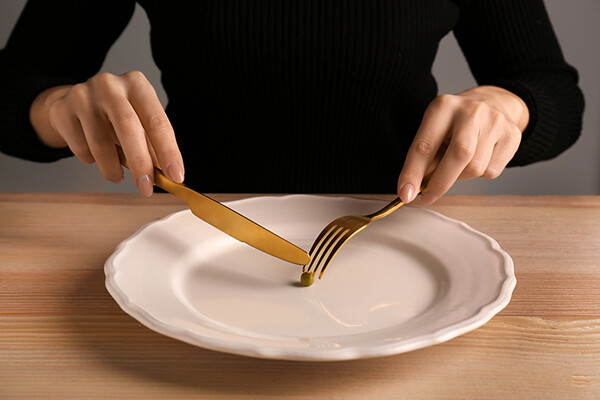5/10
Behavioral Health
Five tips to stay positive and healthy during social isolation
In this strange new time, it’s important to stay connected to the people you love and replace the physical contact that’s been lost.
Flattening the curve of the coronavirus
In the current fast-moving, unprecedented situation, what we do today to stem the impact of COVID-19 can vastly affect what we will face tomorrow. Two epidemiologists discuss what we can do individually and as a society to slow the spread of the disease.
Vaccine misinformation and social media
People who look to social media for information are more likely to be misinformed about vaccines than those who rely on traditional media.
Demystifying feline behavior
Carlo Siracusa and James Serpell of the School of Veterinary Medicine contextualize recent findings in cat behavior science, debunk some cat-related myths, and explain why our kitties are not just “low-maintenance dogs.”
Side Gigs for Good, part three
The final 2019 installment in our series highlighting impactful work Penn faculty and staff do.
Do smartphones and social media lead to adolescent suicide?
The Annenberg Public Policy Center’s Daniel Romer argues that the tendency to correlate uptick in suicides and social media is not backed by data. Instead, he argues the economic recession may be to blame.
Eating disorders grow more prevalent and skew younger
Experts say a team approach between clinicians and those close to the individual are necessary to properly address an eating disorder, and still, relapses are a common occurrence.
Math, stereotypes, and social belonging
Philip Gressman, professor of mathematics, discusses how stereotype threat can affect student performance in math, and how social belonging can curb it.
‘13 Reasons Why’ and media effects on suicide
in a recent study, researchers estimated that an additional 195 suicide deaths among 10- to 17-year-olds occurred in the nine months after the 2017 release of the first season of the Netflix series “13 Reasons Why.”
The key to keeping your employees happy
Moods, emotions, even smiles are some of the emotional contagions Wharton professor Sigal Barsade cites as what are passed along throughout the workplace, making the professional environment either more pleasant or more unhappy.
In the News
Americans are sleeping more than ever. See how you compare
Mathias Basner of the Perelman School of Medicine says that work and traveling are the major sleep killers, with the majority of traveling being commuting to and from work.
FULL STORY →
How does fat leave the body? Experts explain the weight loss process
Colleen Tewksbury of the School of Nursing and Perelman School of Medicine says that waist circumference is a more accessible and potentially more helpful measure for fat loss than stepping on a scale.
FULL STORY →
When it’s time for an aging driver to hit the brakes
Lauren Massimo of the School of Nursing says that losing the ability to drive is a major and dehumanizing loss for older adults.
FULL STORY →
Many parents give their children melatonin at night. Here’s why you may not want to
Ilene Rosen of the Perelman School of Medicine supports practicing proven-bedtime-routine behaviors and avoiding bright lights and electronics in the bedroom to encourage the body’s natural production of melatonin.
FULL STORY →
Why are older Americans drinking so much?
David Oslin of the Perelman School of Medicine says that alcohol use can have much more disastrous consequences for older adults, whose bodies cannot process it as quickly.
FULL STORY →
Best CPAP alternatives
Richard Schwab of the Perelman School of Medicine says that obstructive sleep apnea causes breathing to pause during sleep when something like the tongue or relaxed throat muscles blocks the airway.
FULL STORY →












